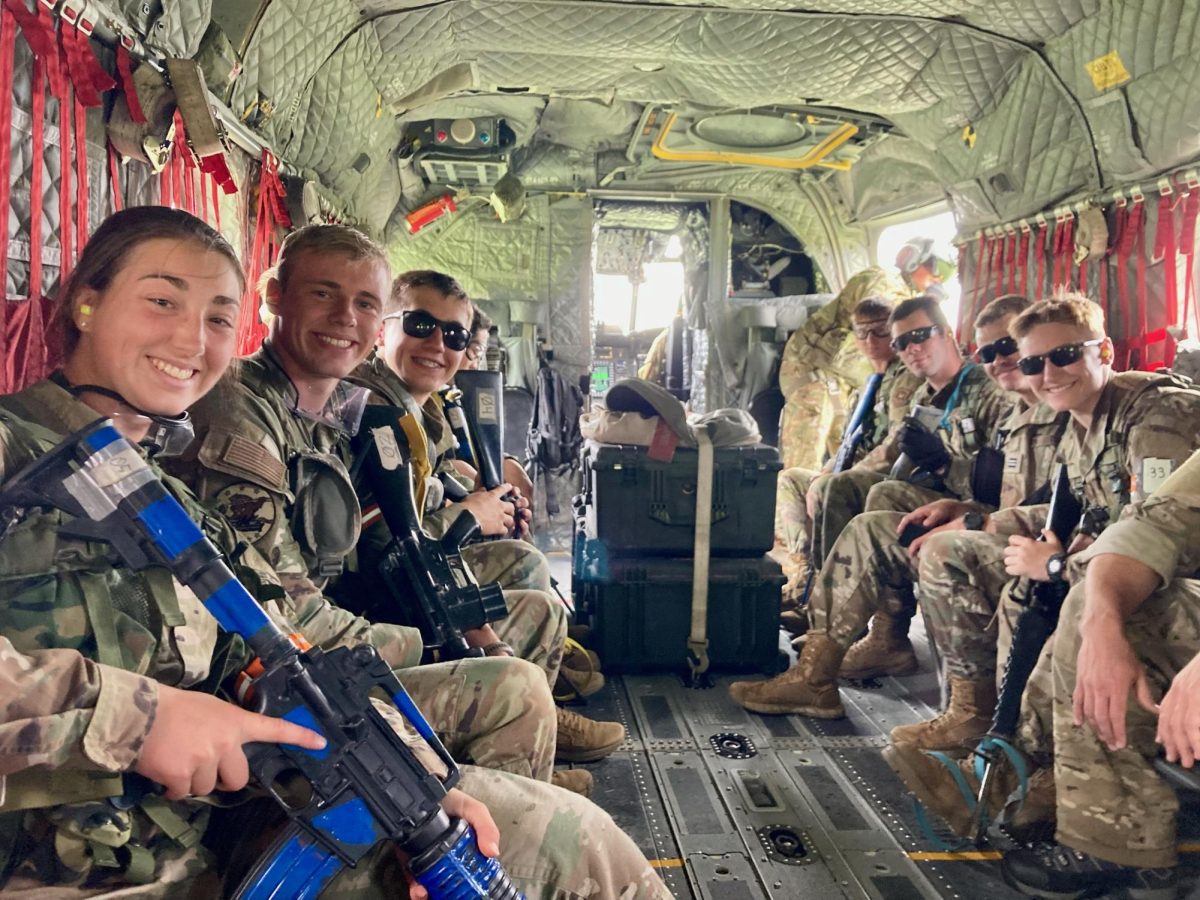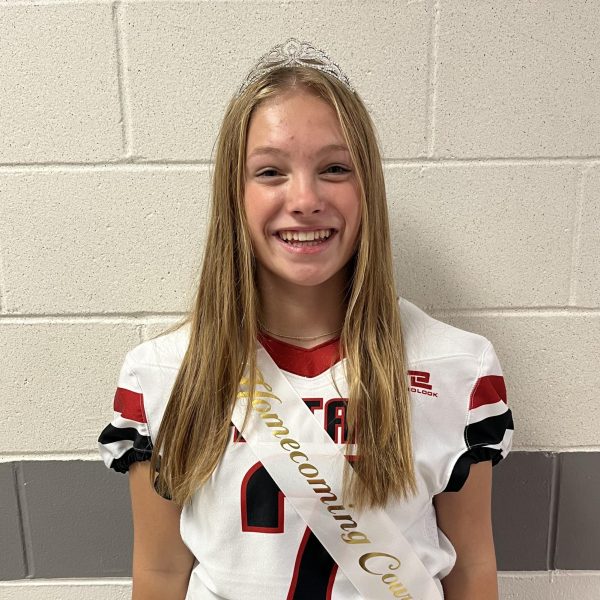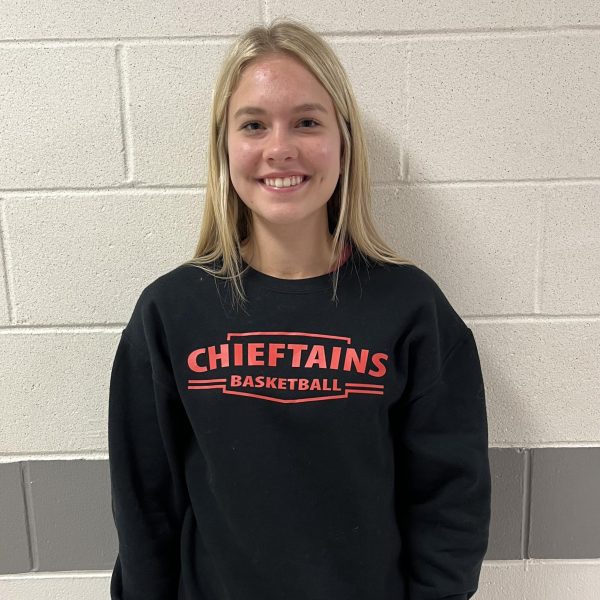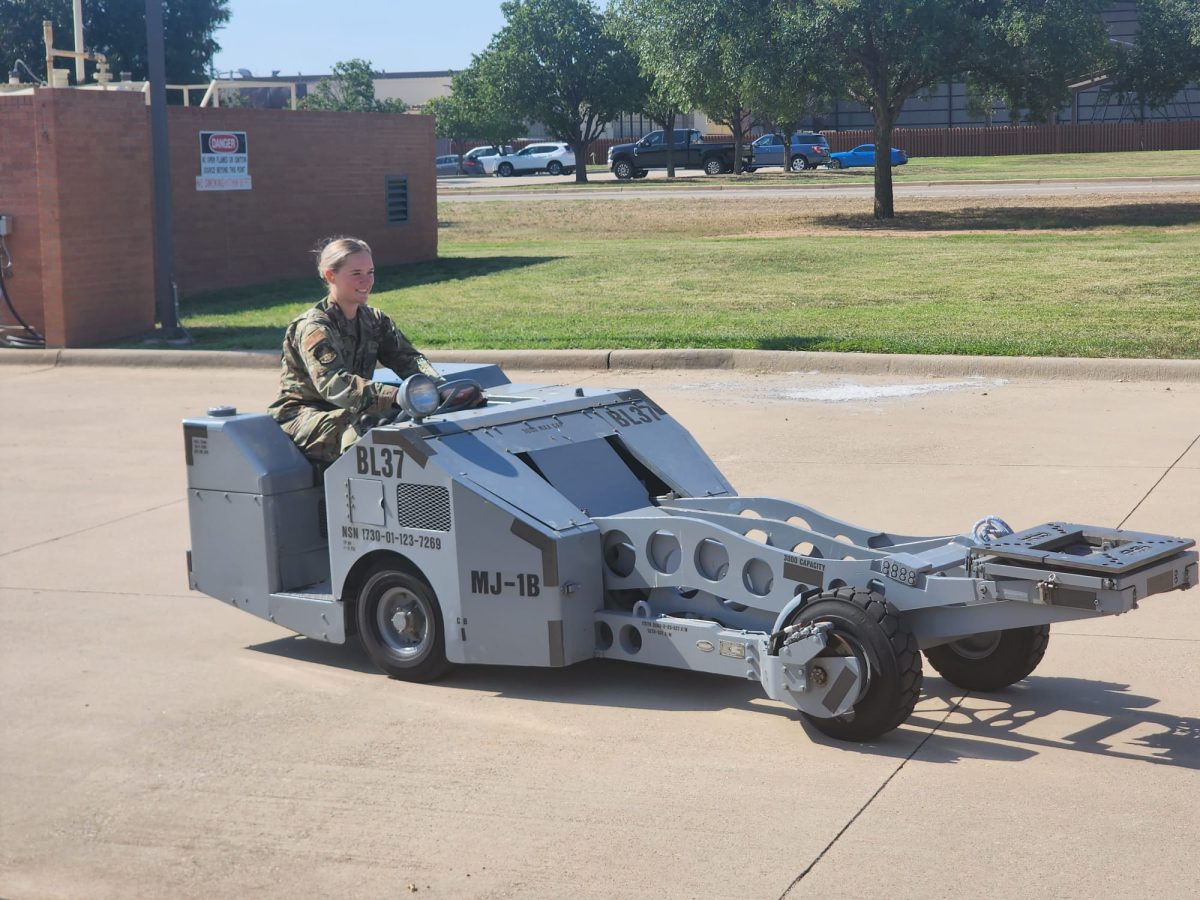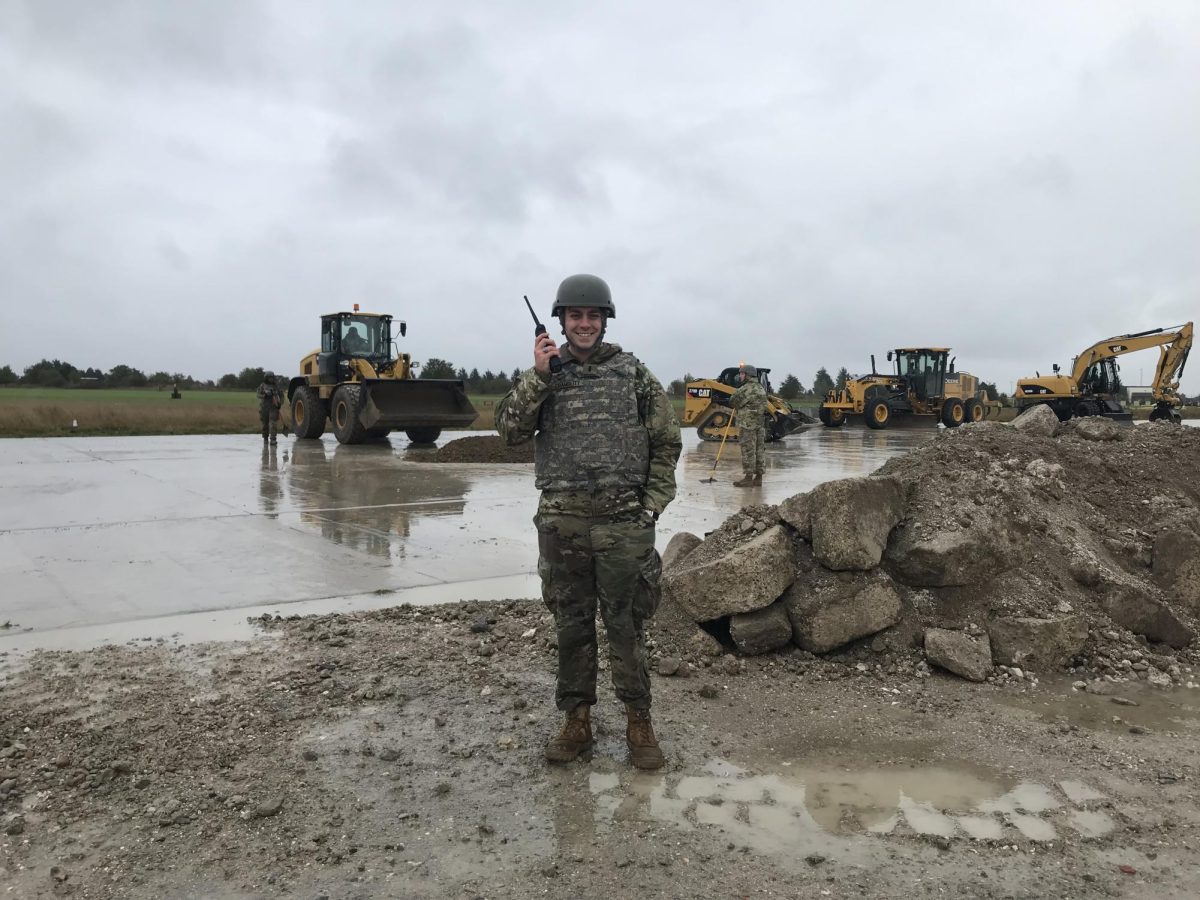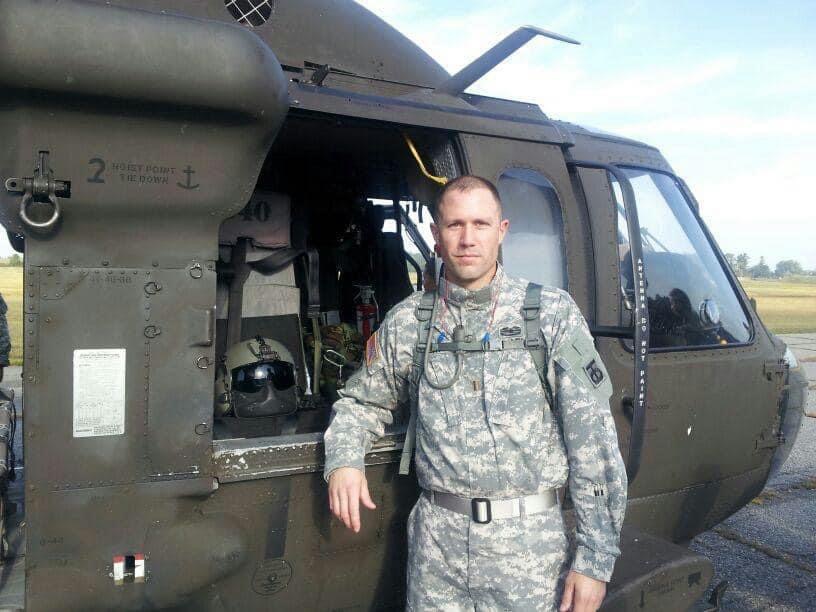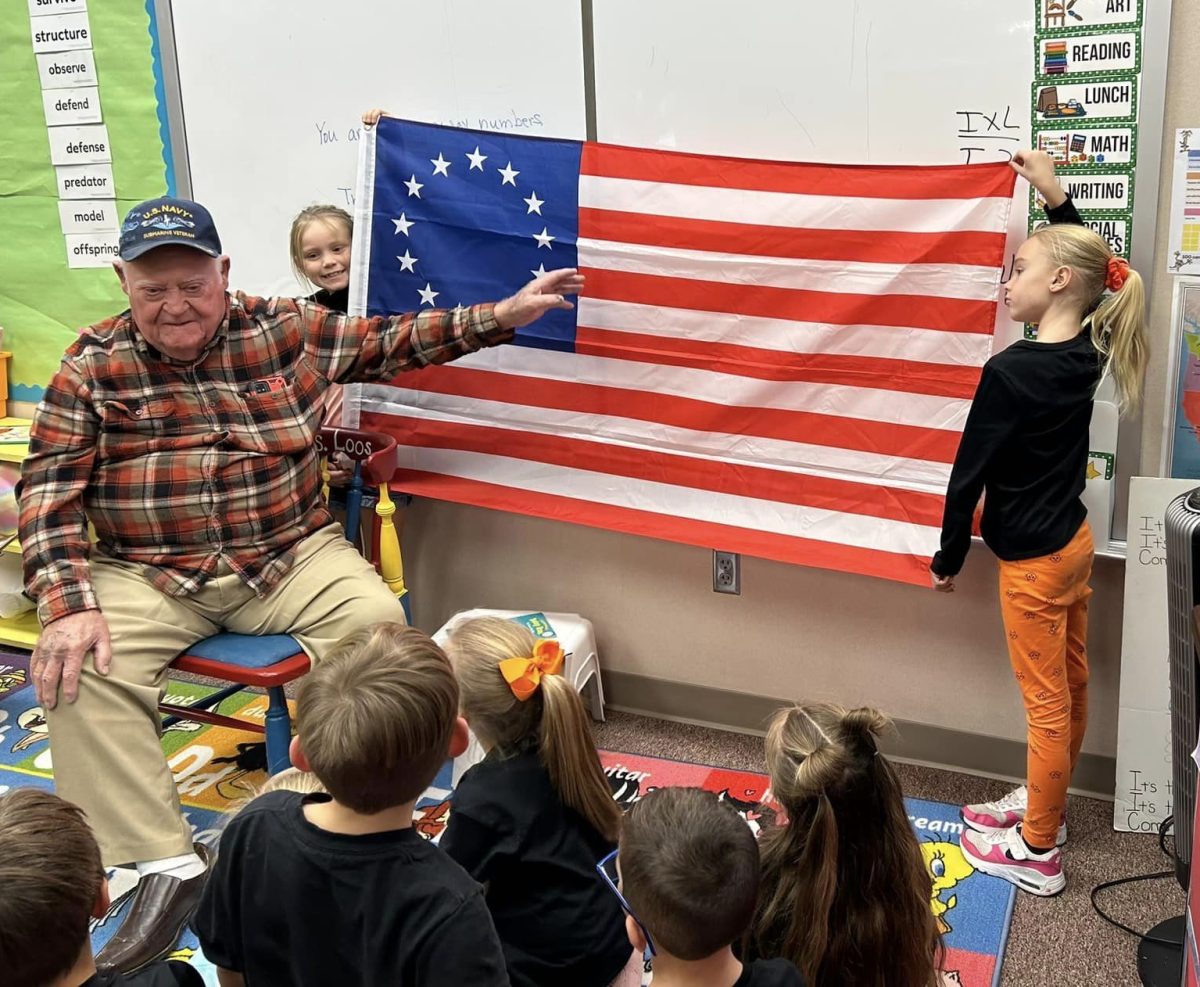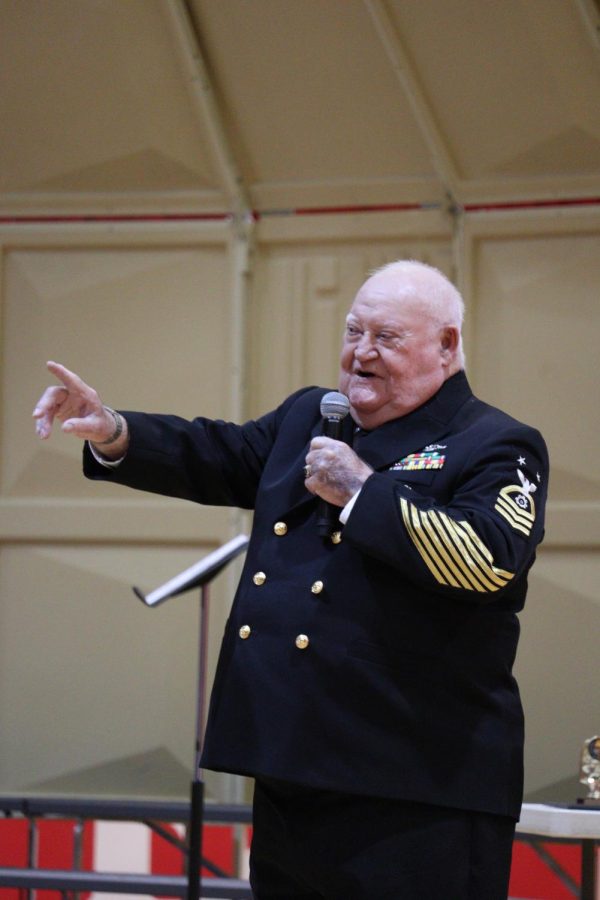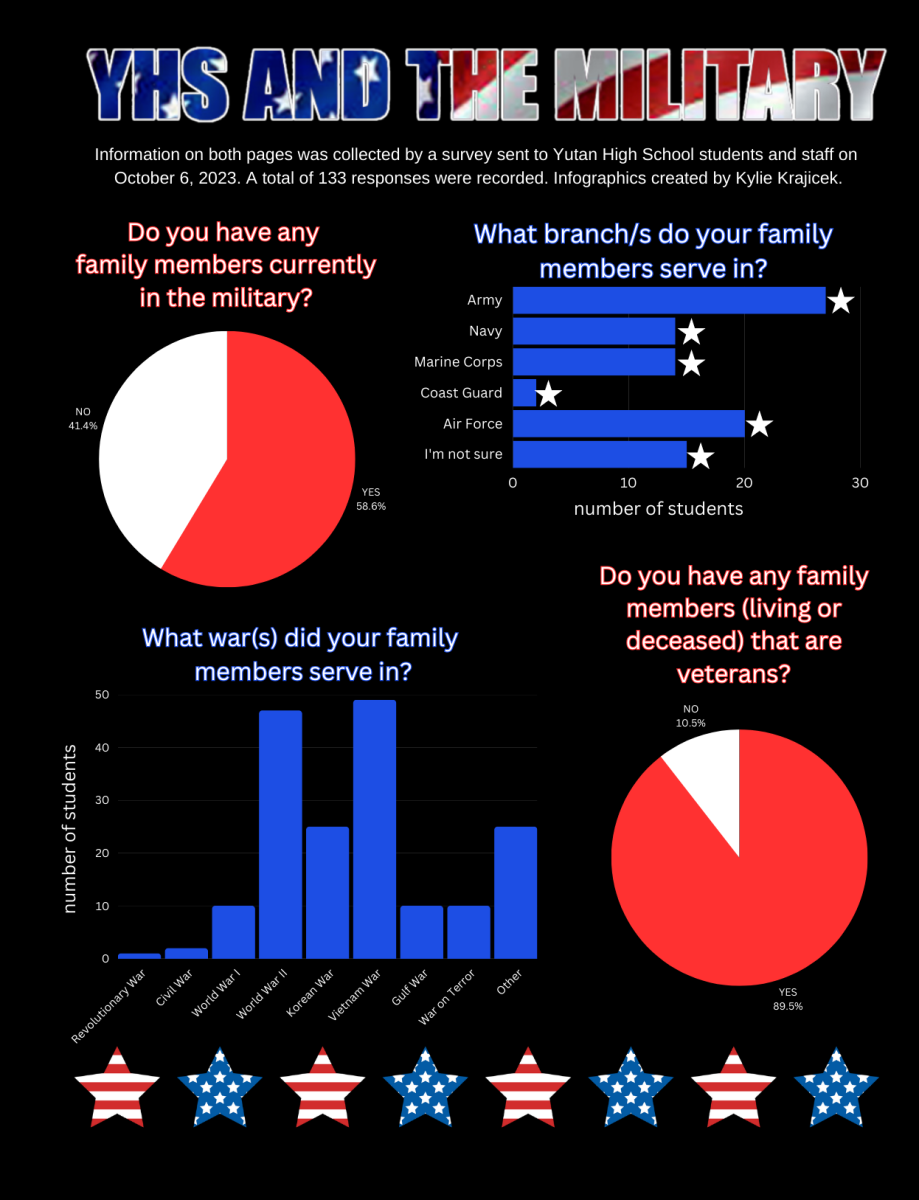Each summer, the Air Force holds a two-week Special Warfare Orientation Course (SWOC). This course is very difficult to get into, as only 40 people from the whole country are allowed in each of the two sessions over the summer. This summer, the program took 10 cadets from the United States Air Force Academy (USAFA) and 30 from the Air Force Reserve Officer Training Corps (AFROTC), and 2022 Yutan graduate Carter Tichota was one of these ROTC candidates who got the chance to attend this training, but the news of this big of an opportunity caused some hesitation to start.
“I got a call from my detachment commander, a lieutenant colonel, when we were talking about whether or not I should say yes. She did an amazing job of just making me realize that I knew if I didn’t say yes then I would regret it, and she talked about how rare of an opportunity it was,” Tichota said. “After responding saying I was interested, a day later I got an email that said I’m going. I was really excited but also nervous.”
To get into SWOC, Tichota had to apply for the program, get approval from his detachment commander at AFROTC and take a physical fitness test called the initial fitness test that consisted of one minute of pullups, two minutes of sit-ups, two minutes of pushups, a 1.5-mile run, two 25-meter underwater swims and a 500-meter surface swim.
“I was originally not picked up for it and was an alternate, but I found out around June 2, eight days before, that I was in,” Tichota said. “Because of this, I had to hurry and make sure I had all the required items.”
The training took place at the United States Air Force Academy, which is located in Colorado Springs, Colo. The purpose of the course was to get an orientation into Air Force Special Warfare (AFSPECWAR). Throughout the two weeks, the cadets went through several phases of training for AFSPECWAR, including elevation adjustment, physical training, briefs, leadership-based scenario missions, small mission planning sessions and troop-leading procedures.
“We also received lots of human performance briefs on things like durable mindset, nutrition, how to reduce stress and how to fall asleep fast, among other things,” Tichota said. “Also, briefs on the different jobs and missions from history and why they failed or succeeded.”
After the initial experiences, the cadets combined their knowledge for the final days.
“The last five-ish days were mission scenarios. We would have one hour to plan our mission at hand, four hours of execution, 30 minutes to debrief the mission, 30 minutes to eat lunch (MRE-meal ready to eat) and then repeat another mission,” Tichota said. “Then we would eat dinner, have a brief about human performance, shower and go to bed.”
Tichota felt that the course was demanding and challenged him both physically and mentally.
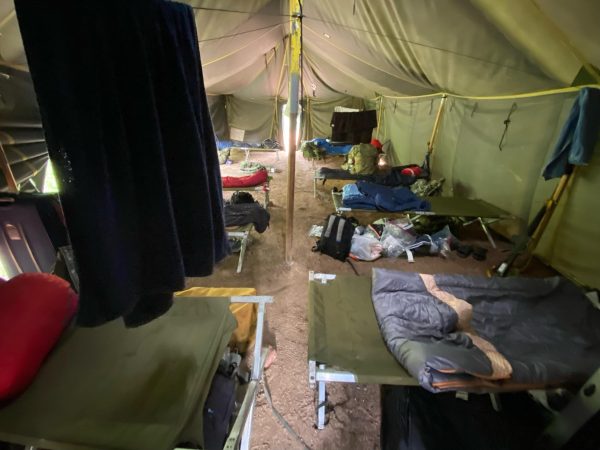
“Physically it was hard because it was just consistently working out. On average, I walked, ran, or rucked (walking or running with weight) 12 miles a day. My body was really sore,” Tichota said. “Mentally it was challenging mainly because of the water. The water confidence events, essentially getting drowned, were all things that I had not done previously.”
On top of the physical and mental challenges, the cadets experienced a tight schedule, slept in tents, ate MRE for food and faced some trouble with the weather.
“Another thing that made it more fun or interesting looking back on it was the rain. We were in or around the tents for three flash flood warnings,” Tichota said. “At one point, almost all of my stuff was soaked and the only way to get it to dry was to hang it up in the tent, which didn’t really work.”
With all of the challenges of the week, Tichota knew that SWOC was different from anything he had done before, but it had changed him for the better.
“It was a very unique experience where you show up with basically 40 strangers and after about a week you have a cohesive team,” Tichota said. “It put a lot of things into perspective, and it also has made me a better leader and person overall. It challenged me physically and mentally, and I have only grown because of this opportunity.”


